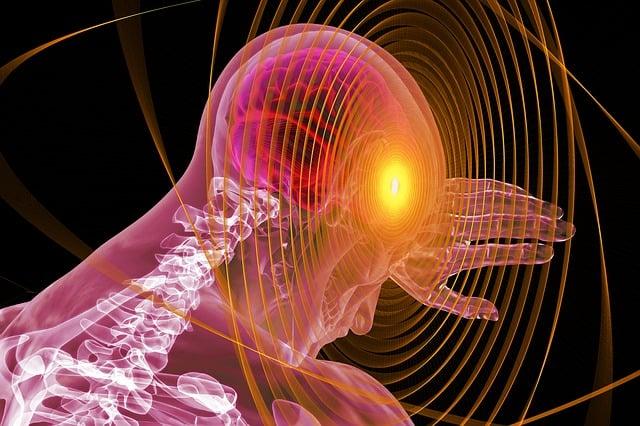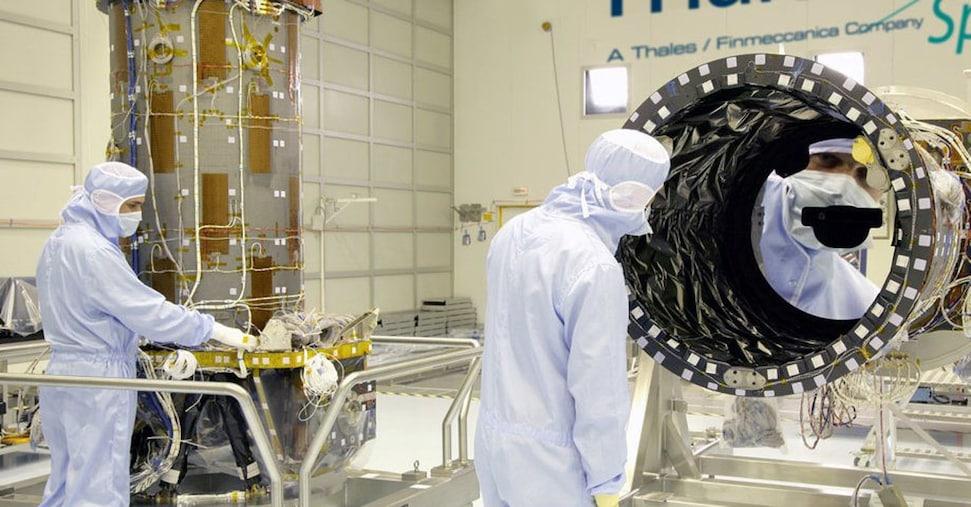- News for health, prevention and wellness: food allergies and inflammation, diseases, autoimmune diseases, symptoms and disorders, medicines, viruses and vaccines, bacteria and antibiotics, treatments, phytotherapy...
Fixed the speed: the best mistakes
Recent scientific research has focused on intermittent fasting and other forms of fasting.
Intermittent fasting, and therefore abstinence from food for a limited period of time, is widely recognized for its properties.
Fasting is not only beneficial for weight loss, but also has positive effects on sleep patterns, mood and stress management.It improves fertility and protects the heart, lowers blood pressure and improves lipid profile.
It reduces inflammation, improves mental clarity and reduces the risk of neurological diseases.
However, practicing intermittent jaxima only makes sense if you avoid improvisations;benefits can only be obtained by following specific and personal protocols.
The DIY version is often the opposite of the product.
What causes it?Let's look at the most common mistakes:
- “I tried to fast at night, but I was hungry at 11 P.M.
Often, those approaching a short fast consider simply skipping dinner.However, if the daily diet is not properly balanced or does not meet specific nutritional needs, the risk is that you will be very hungry before going to bed, eliminating the hassle of some emergency snacks.
It is better not to eat at night if you want to control your blood sugar and your weight.Even for those who work
However, it is important that, during the day, the food is balanced, with a hearty breakfast and a suitable lunch, in order to reach the next day without excessive hunger.
In cases where two meals are not enough, it is possible to include an afternoon snack that helps to achieve optimal needs during the day and maintain a fast of at least 16 hours.
- "I fasted last night: I only drank warm milk/ate fruit and that's all."
Eating a little or drinking a glass of milk is not compatible with fasting.Nutrient intake activates the digestive process and reverses intermittent fasting.
The green light, however, is for unsweetened coffee, herbal teas, cold or hot teas or infusions or simply water.
- "If the fasting window is 16 hours, I'd rather skip breakfast."
Intermittent fasting can also be practiced by skipping breakfast, it is important to fast for 16-18 hours.However, especially for those who are used to eating breakfast, skipping it can run the risk of being too hungry during the day, arriving at dinner excessively hungry, and feeling the need to eat more snacks during the day.
For this reason, skipping breakfast is not beneficial in terms of energy, glycemic changes and concentration, especially because people do not want to miss the family dinner, because people take risks, risks.
- “I skip lunch, so I eat less and faster from breakfast to dinner.”
Skipping lunch is not meant to be intermittent fasting;there are not enough hours between breakfast and dinner to count as such, as there is a risk of eating a very late dinner, which negatively affects mood, sleep and blood sugar changes.Skipping lunch is therefore never recommended, except for those lunches where you have to skip a meal due to work (but the important thing is that this is not out of habit).
If you want to do intermittent fasting, the approach should always be adapted to your lifestyle and personal needs;for this reason, it is advisable to avoid "do-it-yourself" methods, but to rely on professionals who know how to correctly guide the observance of this practice.
Although it is a great benefit, following the unknown can lead to bad results.








